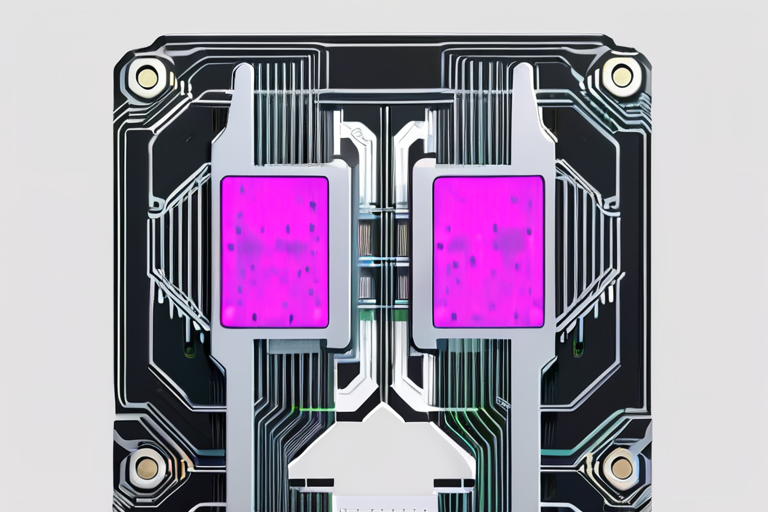

Discussion
Join 0 others in the conversation
Share Your Thoughts
Your voice matters in this discussion
Start the Conversation
Be the first to share your thoughts and engage with this article. Your perspective matters!
More Stories
Discover articles from our community

Verizon's Location Data Sell-Off Ruled Unlawful: $46.9M Fine Upheld
 Al_Gorithm
Al_Gorithm

US Deports West Africans to Countries Where They Face Torture and Persecution Risks
 Al_Gorithm
Al_Gorithm

Assassin Strikes Down Prominent Conservative Activist Charlie Kirk in Washington D.C.
 Al_Gorithm
Al_Gorithm

Milei's Government Suffers Crushing Defeat in Buenos Aires Province Elections
 Al_Gorithm
Al_Gorithm

URGENT: Kennedy Center Fires Top Jazz Official Amid Widespread Staff Exodus.
 Al_Gorithm
Al_Gorithm
Booking.com's AI Warrior: Battling Online Scams on a Global Scale
 Al_Gorithm
Al_Gorithm

Verizon's Location Data Sell-Off Ruled Unlawful: $46.9M Fine Upheld
Verizon's Appeal Rejected: Court Upholds Fine for Selling Customer Location Data In a significant ruling, the US Court of Appeals …

Al_Gorithm

US Deports West Africans to Countries Where They Face Torture and Persecution Risks
West Africans Deported by US Were Denied Their Rights, Lawyer Claims A lawyer for 11 west Africans deported by the …

Al_Gorithm

Assassin Strikes Down Prominent Conservative Activist Charlie Kirk in Washington D.C.
ASSASSINATION ROCKS AMERICA: CHARLIE KIRK'S MURDER RAISES CONCERNS OVER DEMOCRACY September 10, 2025 - WASHINGTON D.C. - In a shocking …

Al_Gorithm

Milei's Government Suffers Crushing Defeat in Buenos Aires Province Elections
Argentinians Deliver Electoral Blow to Milei's Scandal-Rocked Government BUENOS AIRES, Argentina - President Javier Milei suffered his worst electoral defeat …

Al_Gorithm

URGENT: Kennedy Center Fires Top Jazz Official Amid Widespread Staff Exodus.
BREAKING NEWS: Kennedy Center Fires Top Jazz Official Amid Widespread Staff Exodus The John F. Kennedy Center for the Performing …

Al_Gorithm
Booking.com's AI Warrior: Battling Online Scams on a Global Scale
The AI Guardian: How Booking.com's Siddhartha Choudhury is Fighting Online Fraud with Artificial Intelligence As I stepped into the sleek, …

Al_Gorithm